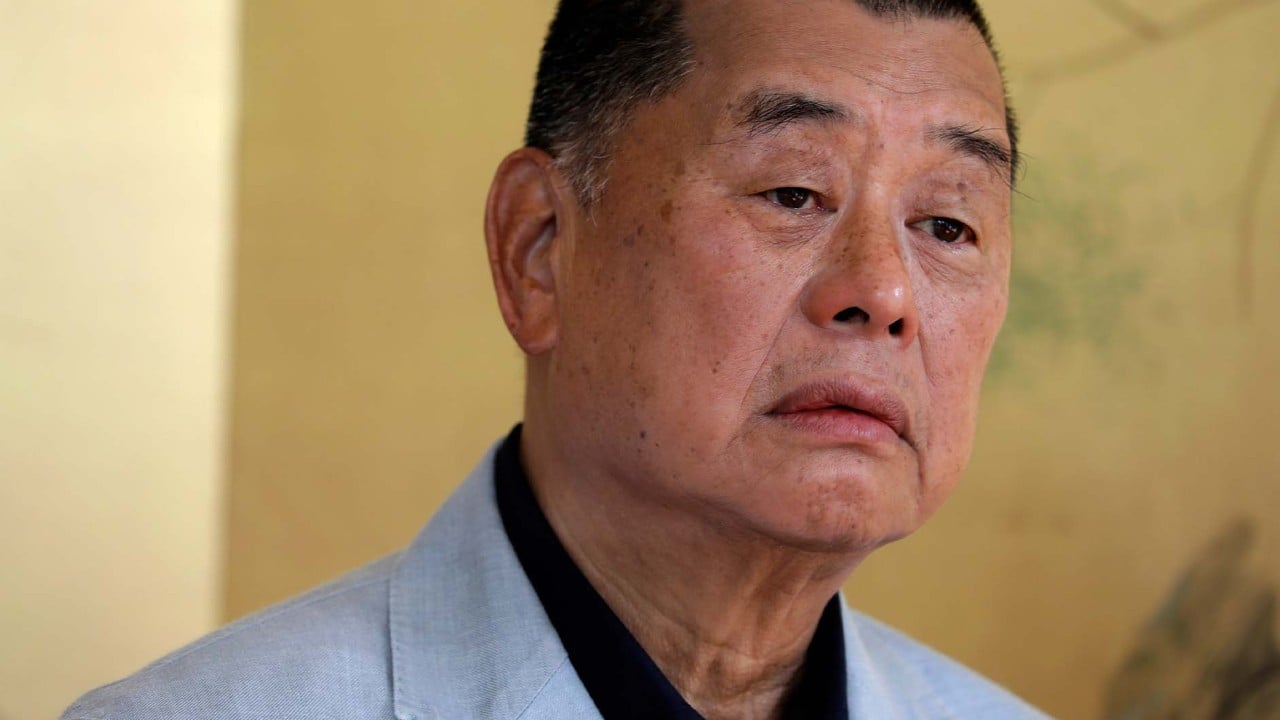
China raises status of international law studies in push for home-grown global expertise
- Beijing will support qualified institutes to upgrade international law studies from a second-grade discipline to first grade
- Academic says several major diplomatic incidents – such as the South China Sea arbitration – were essentially legal issues, sparking the shift
Announcing the decision on Sunday, Beijing pledged to have a contingent of prominent home-grown international law scholars by 2035.
The directive, issued by the General Office of the Communist Party Central Committee and the State Council Office, is aimed at reforming the country’s law-related education and research.
The document said Beijing supported qualified institutes to upgrade international law studies from a second-grade discipline to first grade.
It encouraged colleges and graduate schools to establish more international law programmes to help “cultivate a new generation of legal professionals who have both a global outlook and expertise in international and national law, filling the critical shortage of experts in this field”.
China’s Ministry of Education grades disciplines to indicate their strategic importance and the resources they will receive.
First-grade disciplines enjoy greater funding and resources, as well as more recognition and prestige for researchers and scholars in that field. Currently, there are about 120 first-grade disciplines in China’s college system, including law.
“This is a positive sign,” said Wang Jiangyu, a professor from the school of law at City University of Hong Kong.
“The increased attention and resources devoted to international law in the Xi Jinping era sends a diplomatic signal.
“This means Beijing will shift to using legal means as a weapon to advance and protect its interests.”
However, an international relations and law expert in Beijing who asked not to be named for fear of repercussions said the development indicated an official recognition that legal awareness in China was relatively weak.
“In international matters, people in China tend to rely more on strength and force rather than morality and law. Officials in China generally lack knowledge of international law and prioritise power, rights and interests,” the expert said.
Why China is now looking to have its say on international law
The expert also hailed the upgrade as a positive sign that would attract more students and help China send more people qualified in the field to international organisations.
The directive on Sunday states it is important that legal education and research always align with the “correct” political direction and follow Xi’s thoughts on “ruling the country by law”.
The directive requires legal education institutions, teachers, students and researchers to take a clear stance on principled and major issues, and to firmly oppose and reject Western views such as constitutionalism, separation of powers and judicial independence.
It also declares a need to cultivate legal professionals who have a strong sense of patriotism, in addition to a solid foundation in legal studies.
But Wang noted that China had a long way to go before it had a substantial number of practising professionals, in part because of the specialised nature of the field.
“International law is a niche discipline with little attention, not just in China but also globally,” Wang said. “Students graduating from this major may struggle to find jobs. Professors who specialise in this field may have very limited journals to publish articles.”
China lacked the infrastructure to boost international law studies because teaching international law required international experts lecturing in either English or French, he said.
He said China’s recent assertive foreign policy also made Chinese more “suspicious of foreign experts” rather than welcoming them, creating barriers to teaching international law.



